Vehicles Lithium Battery Product series - Jujiang New Energy
Jujiang New Energy offers a cutting-edge Vehicles Lithium Battery Product Series, designed to meet the demands of modern electric vehicles (EVs) and hybrid vehicles. Our batteries are engineered with advanced lithium-ion technology, providing superior energy density, long life cycles, and robust safety features. These batteries are ideal for a range of vehicle applications, including electric cars, buses, and trucks.
Vehicles Lithium Battery
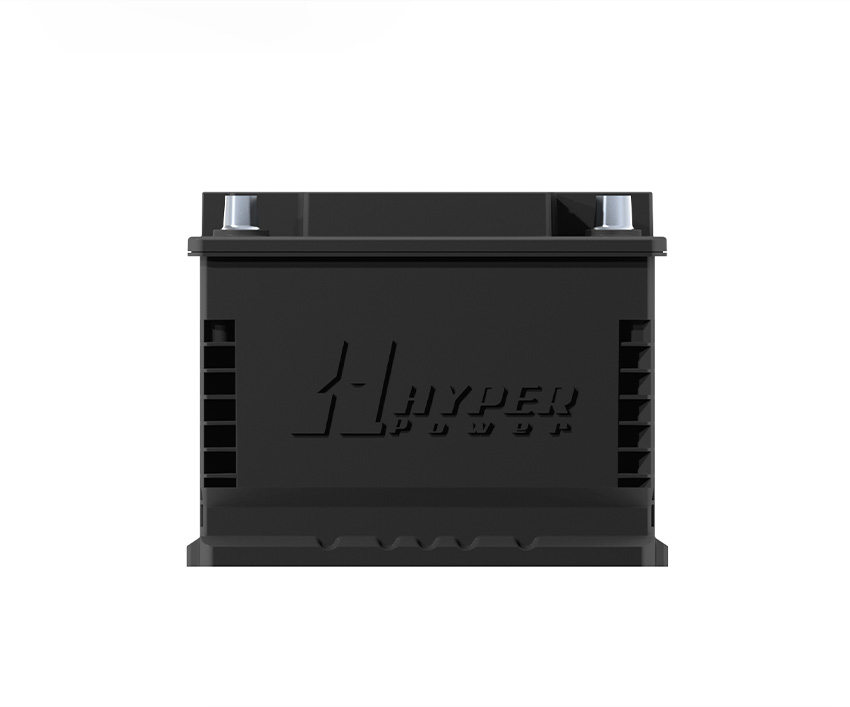
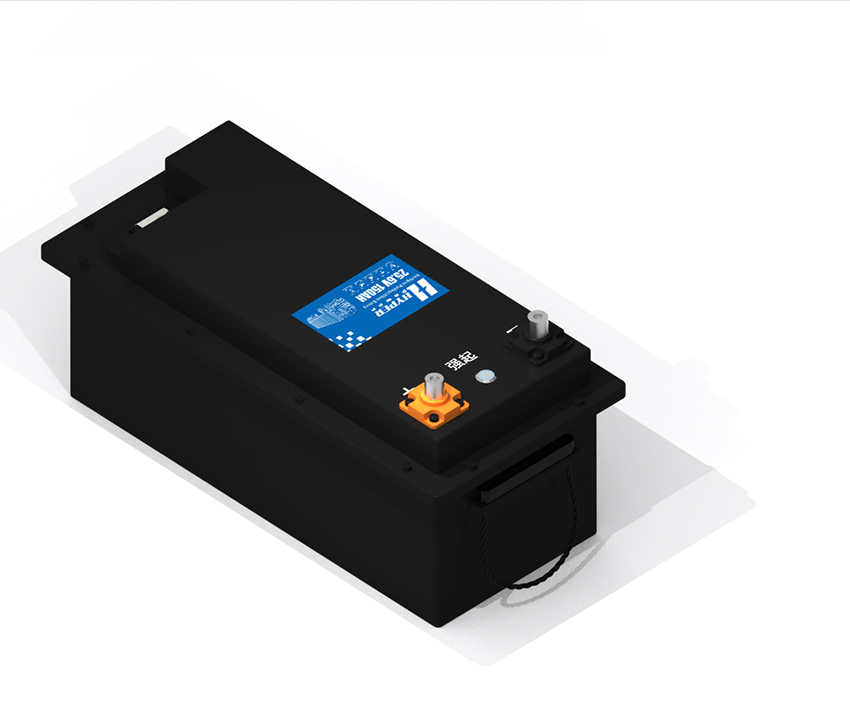
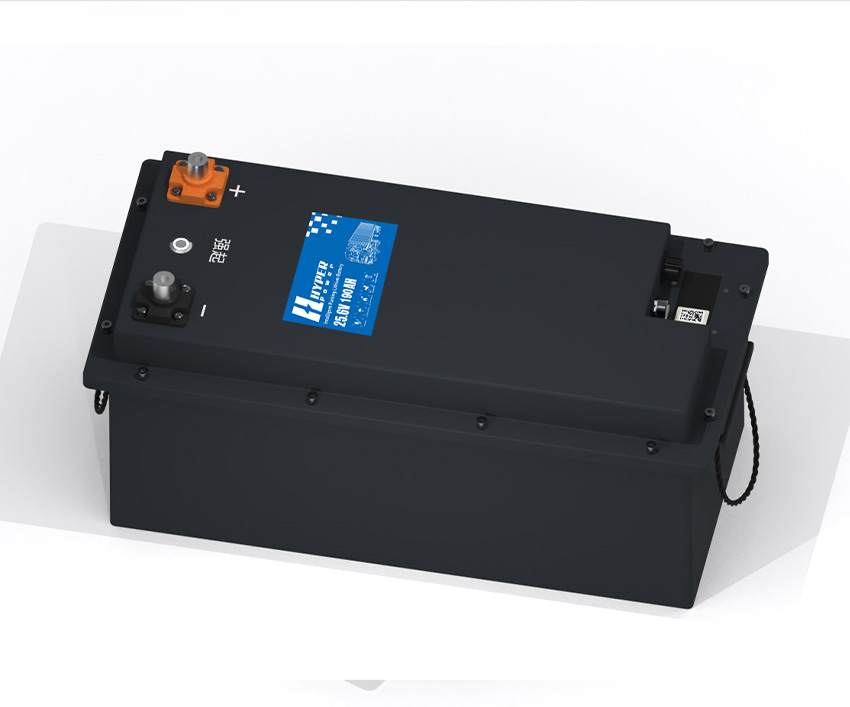
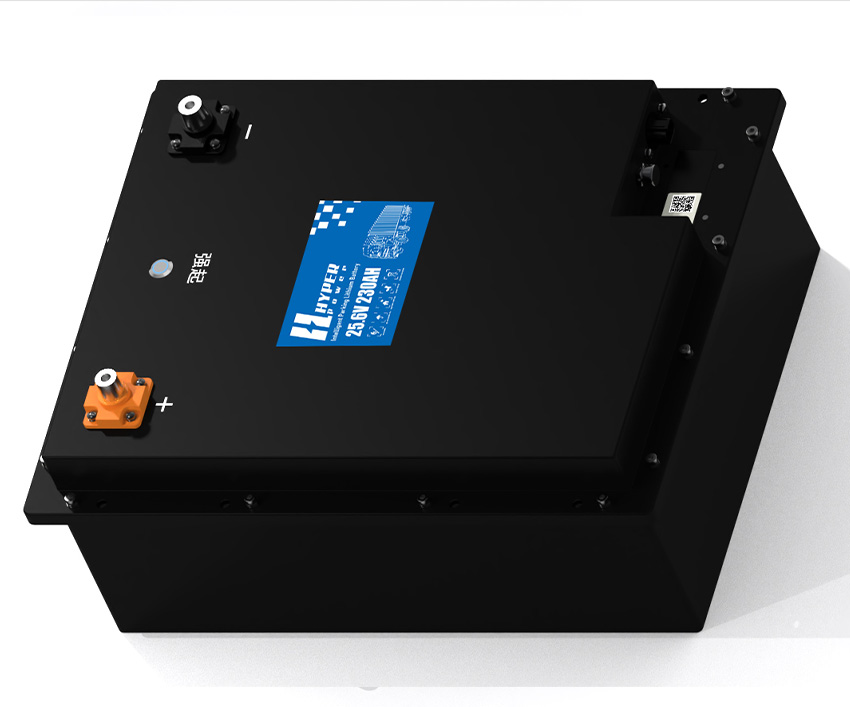
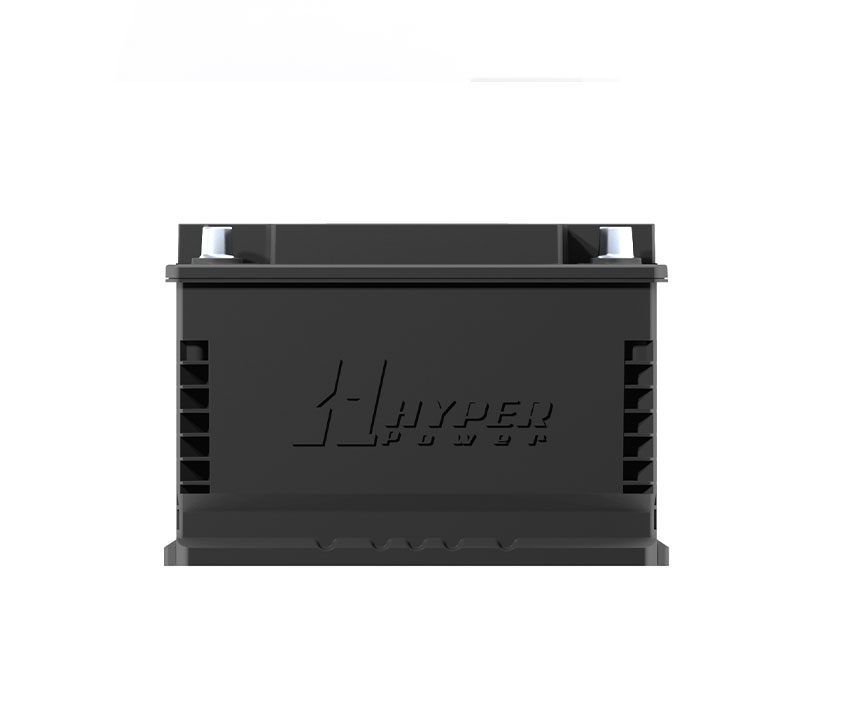
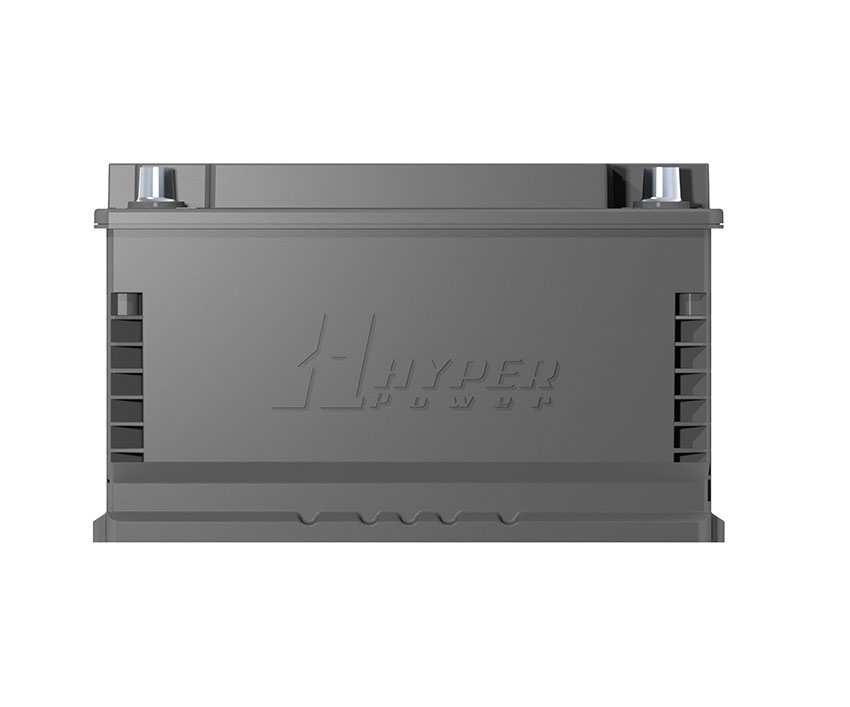
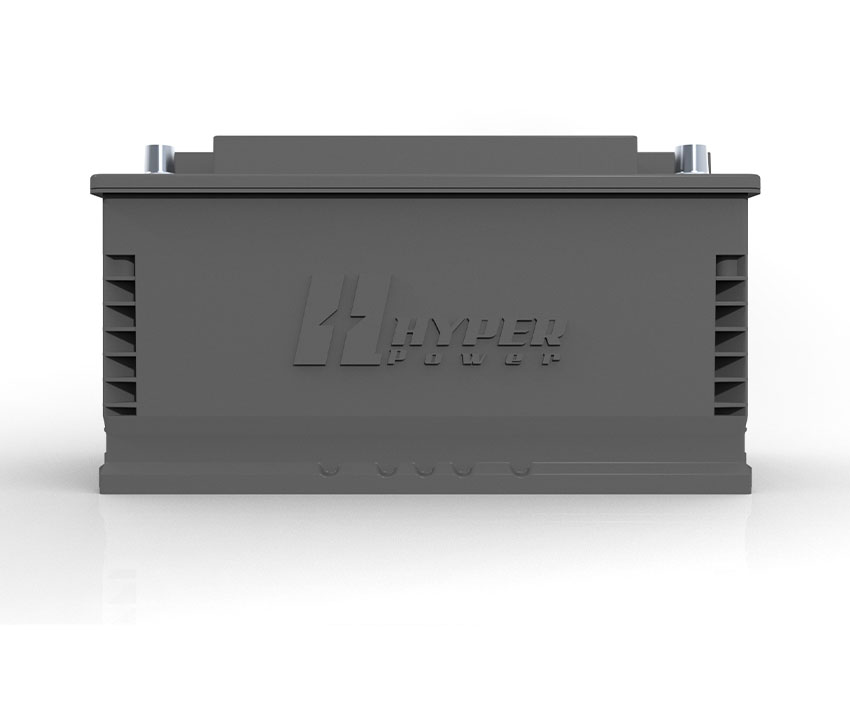
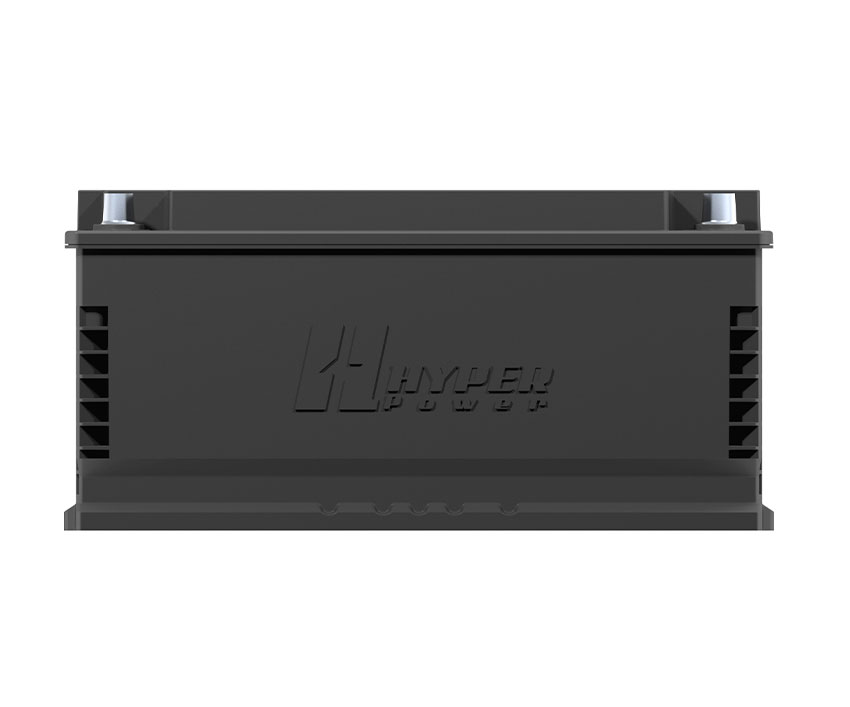
Why Jujiang New Energy Vehicles Lithium Battery By Global Clients?
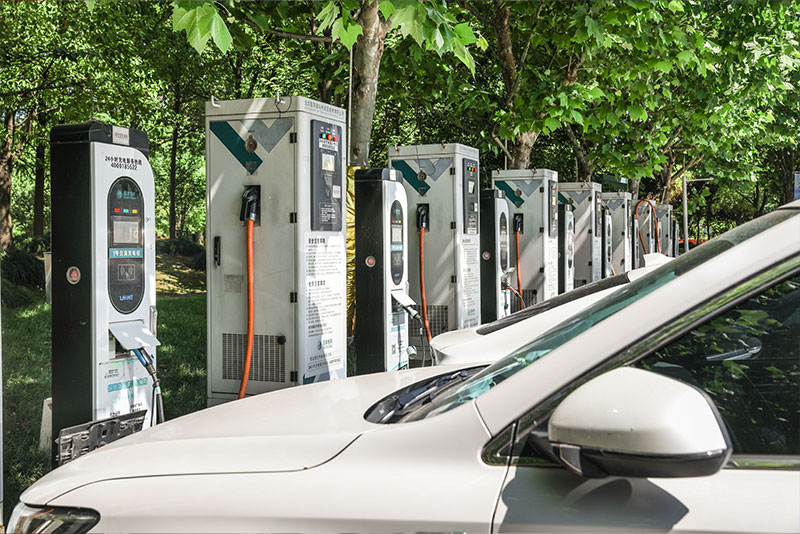
Parking Power Supply Lithium Battery
- Long Battery Life: Offers extended operational life, reducing the need for frequent replacements.
- Quick Recharge: Fast charging capability ensures the battery is ready for use after short periods of inactivity.
- Compact Design: Lightweight and space-efficient, making it easy to install in various vehicle types.
- Safety Protections: Built-in safety features prevent overcharging, overheating, and short circuits, ensuring reliable and safe operation.
- Low Maintenance: Requires minimal upkeep, leading to reduced long-term maintenance costs.
- Energy Efficiency: Optimized for low energy consumption, extending the operational time between charges.
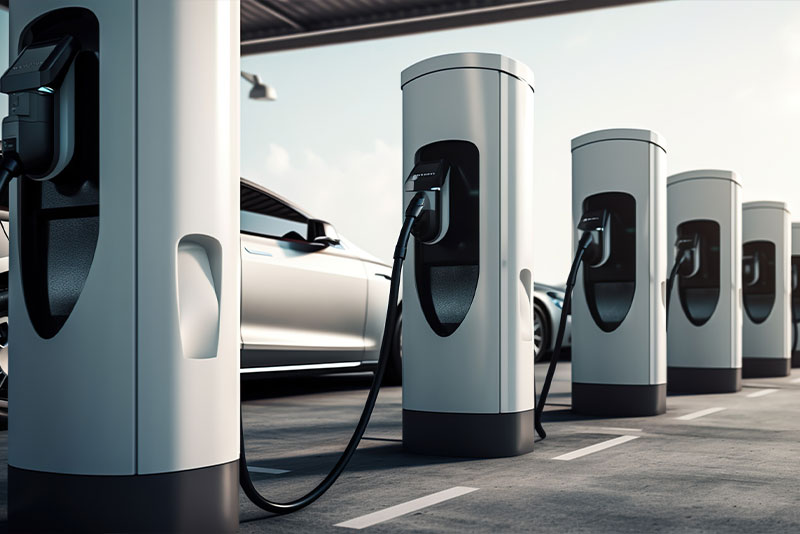
Car Start-Stop Lithium Battery
- Enhanced Durability: Built to endure frequent start-stop cycles, extending battery life.
- High Power Output: Delivers consistent and reliable power for rapid engine starts, even in challenging conditions.
- Lightweight: Reduces vehicle weight, which can improve fuel efficiency and overall performance.
- Rapid Charging: Quickly recharges during driving, ensuring the battery is always ready for the next start.
- Maintenance-Free: Unlike traditional lead-acid batteries, this lithium battery requires no regular maintenance.
- Safety Measures: Equipped with advanced safety systems to prevent overcharging, overheating, and other potential issues.
- Improved Fuel Efficiency: Supports start-stop technology, which reduces fuel consumption by turning off the engine during idle periods.
- Cold Weather Performance: Provides reliable engine starts even in low-temperature conditions, making it ideal for all climates.
Advantages of Jujiang New Energy's Vehicles Lithium Battery Product Series
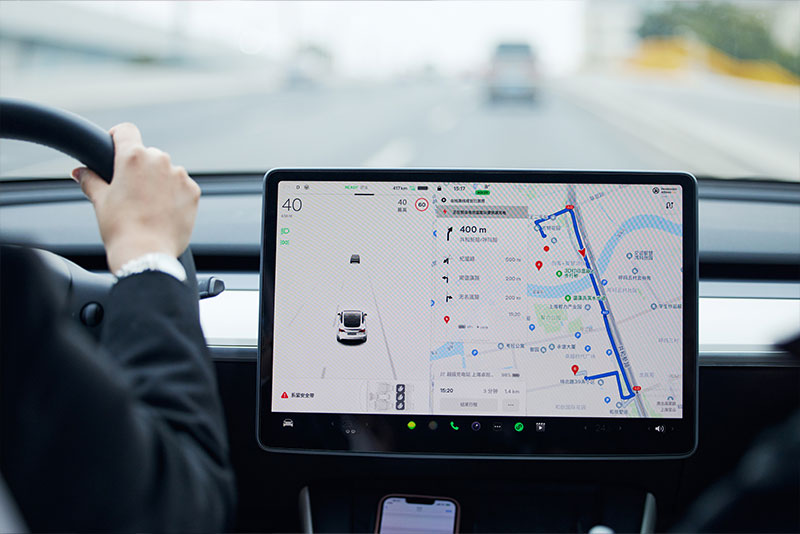
-
Enhanced Durability and Longevity:
- Long Lifespan: Jujiang New Energy’s lithium batteries are designed for extended use, offering significantly more charge cycles compared to traditional lead-acid batteries.
- Resistance to Wear: High durability ensures reliable performance over time, even under frequent charge and discharge cycles.
-
Lightweight and Compact Design:
- Reduced Vehicle Weight: The lightweight nature of lithium batteries reduces the overall weight of the vehicle, improving fuel efficiency and performance.
- Space Efficiency: Compact design allows for easy integration into various vehicle models without taking up excessive space.
-
High Energy Density:
- More Power, Less Space: The high energy density of lithium batteries means they can store more energy in a smaller footprint, providing ample power for a range of vehicle applications.
- Efficient Energy Use: Maximizes energy efficiency, resulting in longer driving ranges and improved overall vehicle performance.
-
Rapid Charging Capabilities:
- Quick Recharge: Jujiang New Energy’s lithium batteries support fast charging, reducing downtime and ensuring that vehicles are ready to go with minimal delay.
- Increased Convenience: Rapid charging is especially beneficial for vehicles with high usage demands, such as electric vehicles or those with start-stop systems.
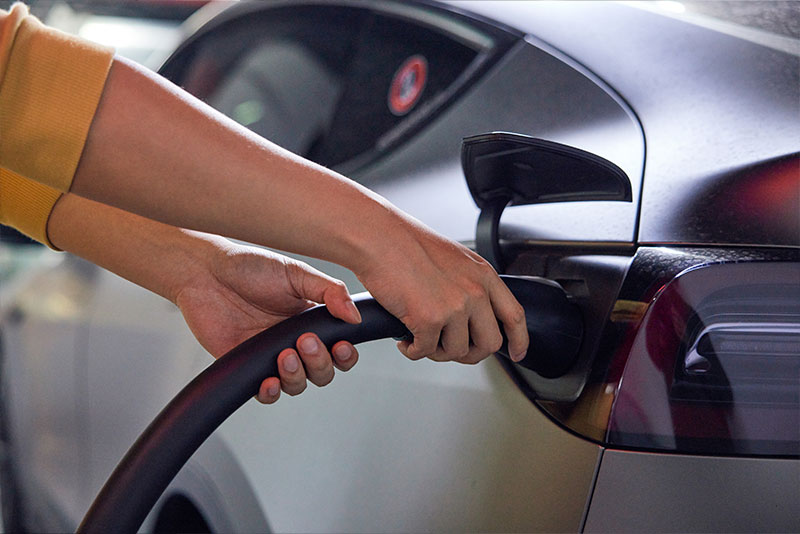
-
Advanced Safety Features:
- Built-In Protections: Equipped with safety mechanisms such as overcharge, overdischarge, and short circuit protection to prevent accidents and ensure safe operation.
- Thermal Management: Effective thermal management systems help maintain optimal battery temperatures, enhancing safety and battery life.
-
Consistent and Reliable Performance:
- Stable Power Output: Provides consistent power delivery, ensuring reliable vehicle performance under various conditions, including extreme temperatures.
- High Starting Power: Ensures quick and efficient engine starts, even in cold weather, which is particularly important for vehicles with start-stop technology.
-
Low Maintenance Requirements:
- Maintenance-Free Operation: Unlike traditional batteries, Jujiang New Energy’s lithium batteries require little to no maintenance, reducing the hassle and cost for vehicle owners.
- Long-Term Cost Savings: The extended lifespan and reduced maintenance needs translate into significant cost savings over the life of the vehicle.
-
Customizable Solutions:
- Versatility: Jujiang New Energy offers customizable lithium battery solutions tailored to different vehicle types and applications, from personal cars to commercial fleets.
- Adaptability: These batteries can be adapted for various uses, including start-stop systems, parking power supplies, and more, providing versatile energy solutions for modern vehicles.
What Are the Advantages of Lithium Batteries Over Traditional Lead-Acid Batteries?
In the world of energy storage, the debate between lithium batteries and traditional lead-acid batteries is ongoing. However, with advances in technology and the increasing demand for efficient, long-lasting, and environmentally friendly solutions, lithium batteries have become the preferred choice in many applications. So, what makes them superior to lead-acid batteries? Let's dive into the key advantages of lithium batteries and why they are rapidly replacing their lead-acid counterparts.
1. Higher Energy Density
One of the most significant advantages of lithium batteries over lead-acid batteries is their higher energy density.
-
More Power in Less Space: Lithium batteries can store more energy in a smaller volume and weight compared to lead-acid batteries. This makes them ideal for applications where space and weight are critical, such as in electric vehicles (EVs) and portable devices.
-
Enhanced Portability: The higher energy density of lithium batteries allows for the creation of more compact and lightweight energy storage solutions, making them easier to transport and install.
2. Longer Lifespan
Lithium batteries typically have a much longer lifespan than lead-acid batteries, offering better value over time.
-
Extended Cycle Life: Lithium batteries can handle thousands of charge and discharge cycles before their capacity starts to degrade significantly. In contrast, lead-acid batteries generally have a shorter cycle life, requiring more frequent replacements.
-
Lower Long-Term Costs: Although lithium batteries may have a higher upfront cost, their longer lifespan means fewer replacements and lower maintenance costs over time, leading to greater overall savings.
3. Faster Charging
Lithium batteries offer much faster charging capabilities compared to lead-acid batteries.
-
Rapid Energy Replenishment: Lithium batteries can typically be charged to full capacity much quicker than lead-acid batteries, which is especially important in applications where downtime needs to be minimized, such as in EVs or backup power systems.
-
Opportunity Charging: The ability to quickly top up lithium batteries during short breaks or periods of low usage (known as opportunity charging) is another advantage, increasing their flexibility and efficiency in everyday use.
4. Greater Efficiency
Efficiency is a key factor when comparing lithium batteries to lead-acid batteries, and lithium technology comes out on top.
-
Higher Round-Trip Efficiency: Lithium batteries generally have a round-trip efficiency of around 90-95%, meaning they lose less energy during the charging and discharging processes. Lead-acid batteries, on the other hand, typically have lower efficiency, often ranging from 70-80%.
-
Better Energy Utilization: The higher efficiency of lithium batteries means that more of the stored energy is available for use, making them more effective for both daily energy storage and backup power.
5. Maintenance-Free Operation
Lithium batteries require less maintenance than lead-acid batteries, which often need regular upkeep to perform optimally.
-
No Regular Watering: Lead-acid batteries require periodic watering to maintain electrolyte levels, which is both time-consuming and labor-intensive. Lithium batteries are sealed units that don’t need this kind of maintenance, making them more convenient and easier to use.
-
Lower Risk of Sulfation: Lead-acid batteries can suffer from sulfation if not properly maintained, which can reduce their capacity and lifespan. Lithium batteries are not susceptible to sulfation, further reducing the need for maintenance and ensuring consistent performance.
6. Environmental Impact
Lithium batteries have a smaller environmental footprint compared to lead-acid batteries, which contain hazardous materials.
-
No Heavy Metals: Lead-acid batteries contain lead and sulfuric acid, both of which can be harmful to the environment if not disposed of properly. Lithium batteries, while not entirely free of environmental concerns, avoid the use of heavy metals like lead, making them a safer choice in terms of disposal and recycling.
-
Lower Carbon Footprint: The longer lifespan and higher efficiency of lithium batteries also contribute to a lower overall carbon footprint, as fewer batteries need to be produced, transported, and disposed of over time.
7. Improved Performance in Extreme Conditions
Lithium batteries perform better in extreme temperatures compared to lead-acid batteries, which can struggle in very cold or hot environments.
-
Temperature Resilience: Lithium batteries maintain their performance across a wider temperature range, making them more reliable in both hot and cold climates. Lead-acid batteries, however, can lose significant capacity in cold weather and may overheat in high temperatures.
-
Consistency: The ability of lithium batteries to deliver consistent power in varying environmental conditions is a crucial advantage, particularly in applications such as renewable energy storage and electric vehicles.
Are lithium batteries suitable for all types of vehicles?
Lithium batteries have been a game-changer in the world of electric vehicles (EVs), powering everything from compact cars to electric bikes. But are they really the best choice for all types of vehicles? As the push for cleaner, more sustainable transportation continues, it’s important to understand whether lithium battery technology can meet the diverse demands of different vehicles, including heavy-duty trucks, buses, motorcycles, and more. Let’s dive into the benefits and challenges of using lithium batteries across various vehicle types.
The Rise of Lithium Batteries in the Automotive Industry
Lithium-ion batteries have become synonymous with modern electric vehicles, thanks to their high energy density, efficiency, and relatively lightweight design. These characteristics have made them the preferred choice for many EV manufacturers. But as we look across the spectrum of vehicles, from small scooters to large trucks, the question arises: Are lithium batteries truly suitable for all types of vehicles?
1. Electric Cars
Suitability: High
Lithium batteries have found their most significant success in electric cars. Here’s why:
-
Energy Density: Lithium batteries offer a high energy density, which means they can store a lot of energy in a relatively small and lightweight package. This is crucial for electric cars, where space and weight are at a premium.
-
Range and Performance: The high energy density also translates to longer driving ranges and better overall performance, making lithium batteries ideal for personal and commercial electric cars.
-
Rapid Charging: The ability to recharge quickly is another key advantage, allowing EV owners to minimize downtime.
Challenges: While lithium batteries are well-suited for electric cars, they do have some limitations, such as relatively high costs and concerns over the sourcing of materials like lithium and cobalt. However, ongoing advancements are addressing these issues.
2. Motorcycles and Scooters
Suitability: High
Lithium batteries are also an excellent fit for electric motorcycles and scooters:
-
Lightweight Design: The lightweight nature of lithium batteries is particularly beneficial for two-wheelers, where minimizing weight is essential for handling and performance.
-
Compact Size: Lithium batteries can be designed to fit into the smaller frames of motorcycles and scooters without sacrificing power or range.
-
Quick Charging: For urban commuting, where motorcycles and scooters are most commonly used, the quick charging capability of lithium batteries is a major advantage.
Challenges: The primary challenge here is cost, as lithium batteries are more expensive than traditional lead-acid batteries. However, the benefits in terms of performance and longevity often outweigh the higher initial investment.
3. Heavy-Duty Trucks and Buses
Suitability: Moderate
When it comes to heavy-duty trucks and buses, the suitability of lithium batteries becomes more complex:
-
Energy Requirements: Heavy-duty vehicles require significantly more energy to operate, which means they need larger battery packs. While lithium batteries can be scaled up, the size and weight of the required battery packs can become a limiting factor.
-
Range and Load Capacity: The high energy demands can also affect the range and load capacity of these vehicles. As a result, lithium batteries may not always provide the necessary performance for long-haul trucking or heavy-duty applications without frequent recharging.
-
Charging Infrastructure: The need for a robust charging infrastructure to support large fleets of electric trucks and buses is another challenge. Fast charging for large battery packs can also be more challenging and expensive.
Future Potential: Despite these challenges, advances in lithium battery technology, including solid-state batteries and improved energy density, could make them more viable for heavy-duty applications in the near future.
4. Off-Road and Recreational Vehicles
Suitability: Moderate to High
Off-road vehicles, such as ATVs, dirt bikes, and recreational vehicles (RVs), can also benefit from lithium batteries:
-
Durability: Lithium batteries are generally more durable and resistant to harsh conditions compared to lead-acid batteries, making them suitable for off-road use.
-
Lightweight: The lightweight nature of lithium batteries improves the handling and performance of off-road vehicles.
-
Longer Lifespan: The longer lifespan and lower maintenance requirements are particularly beneficial for recreational vehicles, which may not be used as frequently.
Challenges: The primary challenges include cost and the need for robust charging solutions in remote areas, where off-road and recreational vehicles are often used.
5. Marine and Aviation Applications
Suitability: Varies
Lithium batteries are increasingly being used in marine applications (such as electric boats) and even in aviation:
-
Marine: In marine applications, lithium batteries offer advantages like reduced weight, better energy efficiency, and lower maintenance. However, the high cost and the need for specialized waterproof battery designs can be barriers.
-
Aviation: In aviation, lithium batteries are being explored for small electric aircraft and drones. The lightweight and high energy density are crucial here, but safety concerns, cost, and the current limitations of energy storage technology pose significant challenges.
Future Potential: With ongoing advancements in battery technology, we may see more widespread adoption in these fields, especially as safety and energy density improve.
What Is the Charging Cycle of a Vehicle Lithium Battery?
Lithium batteries have become the power source of choice for electric vehicles (EVs), thanks to their high energy density, efficiency, and relatively long lifespan. But to get the most out of your vehicle's lithium battery, it's essential to understand the concept of a "charging cycle." So, what exactly is a charging cycle, and how does it impact the performance and longevity of your EV battery? Let’s dive into the details.
Understanding the Charging Cycle
A charging cycle refers to the process of charging a lithium battery from 0% to 100% and then discharging it back down to 0%. However, in real-world usage, a single charging cycle might not always involve a full discharge and recharge. Instead, it can be accumulated over several partial charges and discharges.
For example:
- If you charge your battery from 50% to 100% and then use it down to 50% again, that counts as half a cycle.
- If you do this twice, it would equal one full charging cycle.
Each time a charging cycle is completed, the battery undergoes a small amount of wear and tear, which gradually affects its capacity and performance over time.
How Many Charging Cycles Can a Lithium Battery Handle?
Lithium batteries are designed to last for a certain number of charging cycles before their capacity starts to degrade significantly.
-
Typical Lifespan: Most lithium batteries in vehicles are rated for around 1,000 to 2,000 charging cycles, depending on the battery's quality, the specific chemistry used, and how the battery is maintained.
-
Capacity Fade: Over time, as you accumulate more charging cycles, the battery's ability to hold a full charge will gradually decrease. This is known as "capacity fade." For example, after 1,000 cycles, a lithium battery might retain around 80% of its original capacity.
While this might sound concerning, it’s important to remember that 80% capacity still offers substantial range and performance, especially in the context of everyday vehicle use.
Factors Affecting Charging Cycles and Battery Life
Several factors can influence the number of charging cycles your lithium battery can handle and how long it will last overall:
-
Depth of Discharge (DoD):
- The depth of discharge refers to how much of the battery's capacity is used before recharging. A shallower DoD (e.g., using only 20% of the battery before recharging) can significantly extend the battery’s overall lifespan compared to deep discharges (e.g., using 90% of the battery before recharging).
-
Temperature:
- Lithium batteries perform best at moderate temperatures. Extreme heat or cold can reduce the battery's efficiency and contribute to faster capacity degradation.
-
Charging Speed:
- Frequent fast charging can contribute to quicker degradation of battery capacity. While convenient, it generates more heat and stresses the battery, reducing the number of effective charging cycles. Regularly using slower, Level 2 charging can help prolong battery life.
-
State of Charge (SoC) Maintenance:
- Keeping the battery's state of charge between 20% and 80% can help extend its lifespan. Fully charging or fully discharging the battery too often can lead to faster capacity loss.
Tips to Maximize Your Vehicle Lithium Battery's Lifespan
To get the most out of your vehicle's lithium battery and extend its usable life, consider the following best practices:
-
Avoid Deep Discharges: Try to recharge your battery before it drops below 20%. This reduces stress on the battery and helps maintain its capacity over time.
-
Moderate Your Charging Habits: While fast charging is convenient, relying on it too often can degrade your battery faster. Use slower charging methods when possible, especially for daily charging.
-
Keep It Cool: Whenever possible, park your vehicle in the shade or a garage to avoid excessive heat. If you live in a very cold climate, consider preconditioning your battery before driving.
How Is the Safety of Lithium Batteries Ensured?
1. Advanced Battery Design
Safety starts with the design of the lithium battery itself. Engineers incorporate several features to minimize risks:
-
Separator Layers: Inside a lithium battery, thin layers of material, known as separators, keep the positive and negative electrodes apart. These separators are designed to prevent short-circuits, which can occur if the electrodes come into direct contact.
-
Electrolyte Formulations: The electrolyte in a lithium battery is a chemical medium that allows the flow of ions between the electrodes. Advanced formulations are used to enhance stability and reduce the risk of overheating.
-
Solid-State Technology: Emerging solid-state lithium batteries replace the liquid electrolyte with a solid material, which is inherently safer and less prone to leakage, improving the battery's overall safety profile.
2. Battery Management Systems (BMS)
A critical component in ensuring the safety of lithium batteries is the Battery Management System (BMS). This system continuously monitors and manages the battery's performance to prevent unsafe conditions:
-
Temperature Monitoring: The BMS tracks the battery's temperature and can adjust charging and discharging rates to keep the battery within a safe operating range. If overheating is detected, the BMS can automatically reduce power output or shut down the battery to prevent damage.
-
Voltage Regulation: By monitoring the voltage of each cell within the battery pack, the BMS ensures that no cell is overcharged or over-discharged, both of which can lead to dangerous conditions.
-
Balancing Cells: The BMS also helps balance the charge across all cells in the battery pack, ensuring uniform performance and reducing the risk of any single cell failing due to imbalances.
3. Rigorous Testing Protocols
Before lithium batteries reach consumers, they undergo extensive testing to ensure they can withstand a variety of conditions:
-
Thermal Testing: Batteries are subjected to high and low temperatures to ensure they can operate safely across a wide range of environments. This testing also checks for the battery’s ability to prevent thermal runaway, a condition where the battery generates uncontrollable heat.
-
Mechanical Stress Testing: Batteries are tested for their resilience against physical impacts, vibrations, and pressures that might occur during transportation or everyday use.
-
Overcharge and Short-Circuit Testing: These tests simulate scenarios where the battery might be overcharged or short-circuited to ensure it can handle these situations without failing catastrophically.
-
Environmental Testing: Lithium batteries are exposed to various environmental factors such as humidity, salt spray, and immersion in water to verify their durability and resistance to corrosion and leakage.
4. Safety Certifications and Standards
To further ensure safety, lithium batteries must comply with strict international safety standards and certifications:
-
UN 38.3 Certification: This certification is required for all lithium batteries that are transported by air. It involves a series of tests to ensure the battery can withstand conditions like altitude changes, temperature variations, and impacts.
-
UL 1642 and UL 2054 Standards: These Underwriters Laboratories (UL) standards set rigorous safety requirements for lithium batteries used in consumer electronics, covering aspects such as fire safety, electrical insulation, and mechanical integrity.
-
IEC 62133 Certification: This international standard covers the safety requirements for portable sealed secondary cells, and includes specific guidelines for lithium-ion and lithium-polymer batteries.
5. Ongoing Innovations in Battery Safety
The field of battery technology is constantly evolving, with new innovations aimed at enhancing safety:
-
Thermal Management Systems: Advances in thermal management help dissipate heat more effectively, preventing hotspots that can lead to battery failure.
-
Safer Electrolytes: Research is ongoing into developing non-flammable electrolytes, which would significantly reduce the risk of fire in lithium batteries.
-
Smart Battery Technology: Future batteries may incorporate AI-driven BMS systems that can predict potential safety issues before they occur, further enhancing the reliability and safety of lithium batteries.
-
Fail-Safe Mechanisms: Modern lithium batteries are being designed with fail-safe mechanisms, such as pressure relief valves and current interrupt devices, that activate in case of a fault, protecting the battery and the device it powers.

